If you give me the choice between a game that offers me freedom, and the opportunity to shape the story and the direction with my own choices, versus a game that limits my freedom, and insists that I play and behave in a certain way, I’m always going to pick the latter. I like direction. I like vision. Fallout, Grand Theft Auto, and Red Dead Redemption 2 might be some of my favorite games of all time, but if I had to choose a side – if I had to belong to one kind of ‘church’ of videogame structure – then I’d be an acolyte of shorter, more linear, and more organized and governed games where my own agency is sacrificed for greater thematic cohesion. I’ll take the original Metal Gear Solid over Metal Gear Solid 5. The narrow corridors of the first Half-Life are more impactful to me than the gorgeous, wide-open world of No Man’s Sky.
But although I can argue the virtues of this more directed, controlled videogame structure, eventually it runs up against a problem: if a game is going to be a game, at some level it needs to let the player in, and interactivity and subjectivity have to be allowed to exist. There’s no such thing as ‘perfect game design,’ but I feel like the goal, generally, is to unite these seemingly oppositional forces, to harmonize the developer’s intentions and assertions with the player’s individual inputs. This is why XCOM 2 is so good. More than any other strategy game, and perhaps more than any other game at all that I’ve played this year, it establishes a communication, a mutual ‘writing’ process, between the developer and the player.

One example. In most missions in XCOM 2, you’re on a time limit. It’s not a literal ticking clock, but perhaps you only have ten game turns until the aliens explode a bomb, or execute a hostage, or destroy the ship that’s coming to rescue you. This is a strict, developer-enforced boundary – mechanically, it’s the spiritual opposite to an open-world game or an RPG, where the player is permitted to roam, or not, at their will.
But while it limits literal exploration (you don’t have time to see the entire map, or kill every enemy, or experiment with doing anything and everything you want) you’re still being encouraged to think, to devise, and to use your agency. It’s only through a shrewd application of your soldiers and your ideas that you can surmount the obstacle the game has placed in front of you.
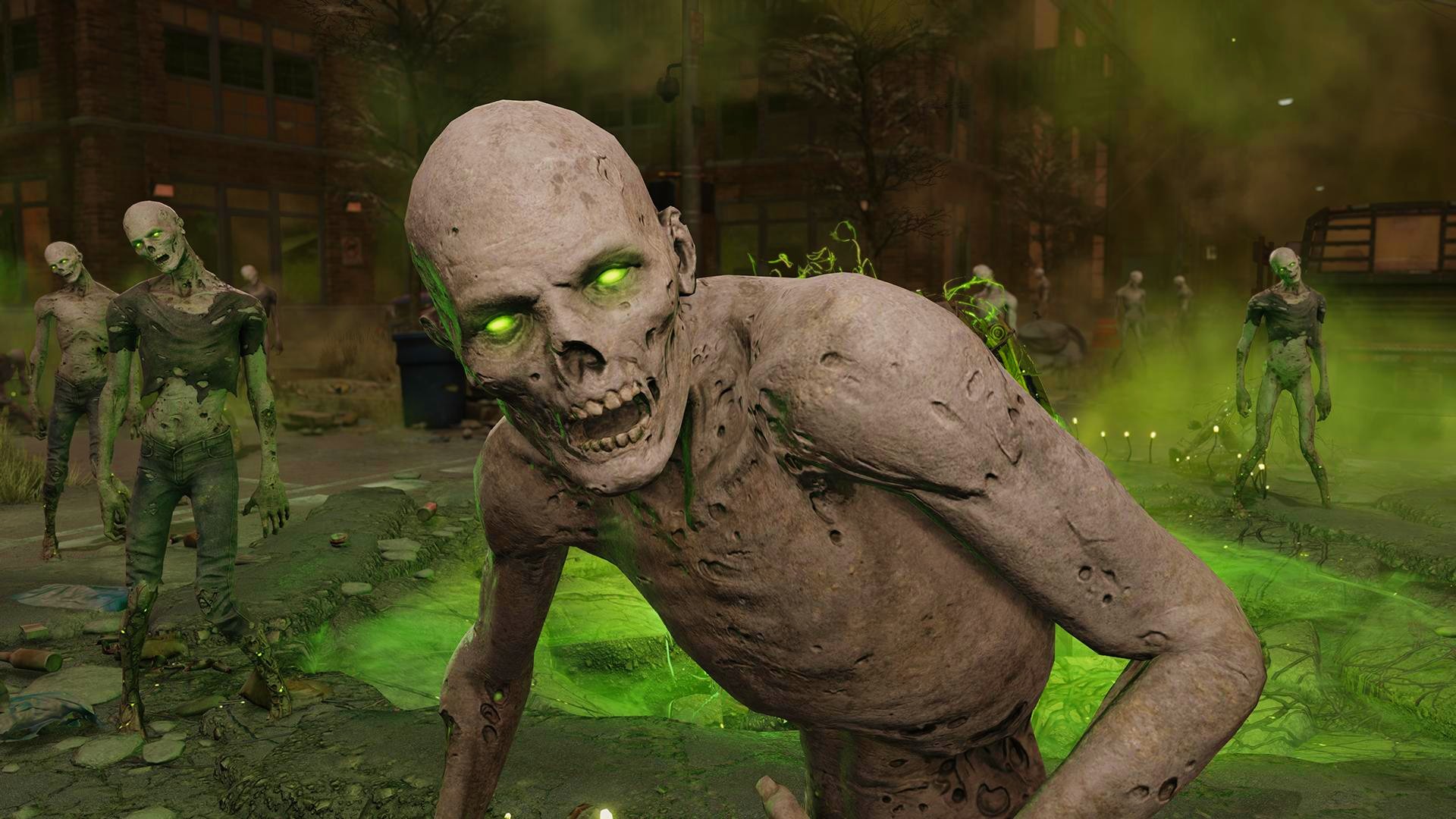
And out of this comes a terrific sense of purpose and tension. On paper, XCOM 2 doesn’t have much of a story. The characters don’t talk all that often. There’s not a lot of lore. The cutscenes are short. But although it’s a mechanical or ludic device, the time limit on each mission becomes a metaphor for the severity and the high pressure of XCOM’s and humanity’s situation – literally and in the more abstract sense, under the hovering jackboot of the alien invasion, time is running out.
Likewise, because of these time limits, everything you do as a player feels extremely consequential. Narratively, the fate of the XCOM project and the entire species is on a knife edge. Suitably, when you’re playing XCOM 2, the success or failure of your mission hangs on a single errant decision.
The developer, in this case Firaxis, creates a boundary. The player has to augment and design their interactions around that boundary. But what this creates is a greater and more compelling sense of what’s at stake, dramatically. And that, in turn, compels the player to think more, to engage more, and to feel more like their choices, their inputs, have meaning – their agency might be directed or limited, but what the player chooses to do in XCOM 2 actually matters.
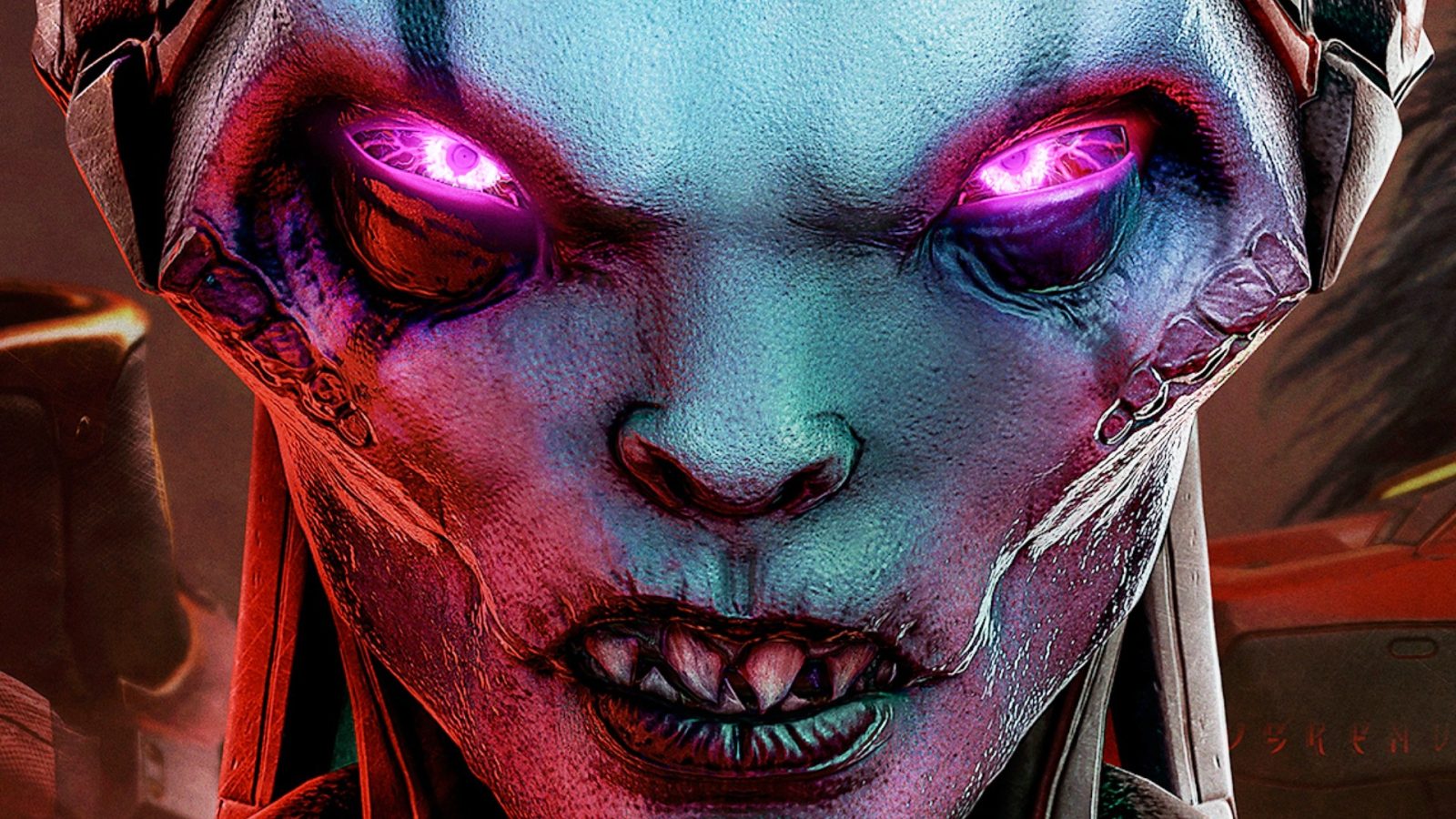

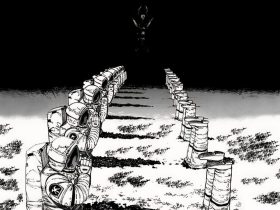
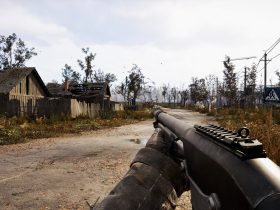


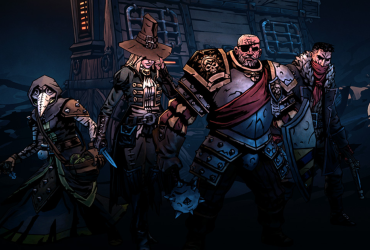
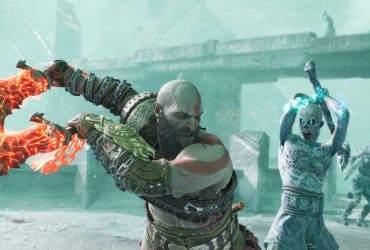

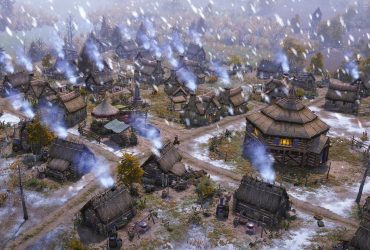


Leave a Reply